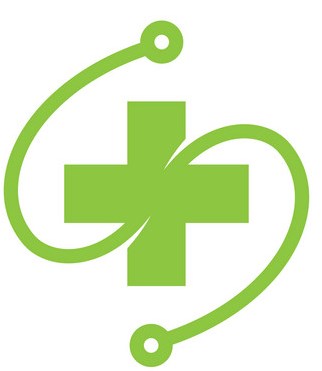Somatropin
Indications
Treatment of growth failure in children due to pituitary growth hormone deficiency. Treatment of growth failure in girls due to gonadal dysgenesis (Turner Syndrome). Treatment of growth failure in children due to chronic renal insufficiency whose height is on or less than the twenty-fifth percentile and whose growth velocity is on or less than the twenty-fifth percentile for bone age.
Treatment of adults with severe growth hormone deficiency as diagnosed in the insulin tolerance test for growth hormone deficiency and defined by peak growth hormone concentrations of less than 2.5 nanogram/mL.
Pharmacology
Somatropin is a synthetic human growth hormone of recombinant DNA origin. It stimulates skeletal and soft tissue growth by promoting cell division, amino acid uptake and protein synthesis. It also possesses both insulin-like and diabetogenic effects.
Dosage And Administration
Children with short stature homeobox-containing (SHOX) deficiency:
- Child: 50 mcg/kg/day may be used.
Growth retardation due to chronic renal insufficiency, Turner's syndrome:
- Child: 45-50 mcg/kg or 1.4 mg/m2 daily.
Growth retardation in children who were born small for gestational age, Prader-Will syndrome:
- Child: 35 mcg/kg or 1 mg/m2 daily. Max: 2.7 mg daily.
Growth hormone deficiency:
- Adult: Initially, 6 mcg/kg daily. May increase gradually according to patient response. Max: 12.5 mcg/kg/day. Reassess 9 mth after starting treatment.
- Child: 25-35 mcg/kg daily. Reassess 9 mth after starting treatment.
- Elderly: Lower doses may be required.
Short bowel syndrome:
- Adult: 100 mcg/kg/day for 4 wk. Max: 8 mg/day.
HIV-associated wasting or cachexia:
- Adult: 0.1 mg/kg daily at bedtime. May be taken on alternate days for patients at increased risk of adverse effects. Max: 6 mg/day.
Interaction
High doses of corticosteroid may inhibit growth-promoting effects of somatropin.
Contraindications
Acute critical illness due to heart or abdominal surgery, multiple accidental trauma or respiratory failure; active neoplasms, proliferative or preproliferative diabetic retinopathy; lactation; patients with closed epiphyses. Intracranial lesions. Patients with Prader-Willi syndrome who are severely obese or have severe respiratory impairment.
Side Effects
Hypothyroidism, peripheral oedema; headache; muscle and joint pain; benign intracranial hypertension. Loss of glycaemic control in diabetics.
Pregnancy And Lactation
Pregnancy category B1. Animal reproduction studies have not been conducted with Norditropin. It is not known whether Norditropin can cause fetal harm when administered to a pregnant woman or can affect reproductive capacity. There have been no studies conducted with Norditropin in nursing mothers and it is not known whether Norditropin is excreted in breast milk.
Precautions And Warnings
Monitor thyroid function; benign intracranial hypertension. DM; may require dose reduction in insulin. Pregnancy. Discontinue treatment if there is evidence of tumour growth. Monitoring in patients with scoliosis is recommended due to risk of progression of scoliosis.
Therapeutic Class
Drugs for Growth failure
Storage Conditions
Store at 2-8° C.
